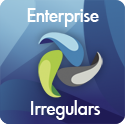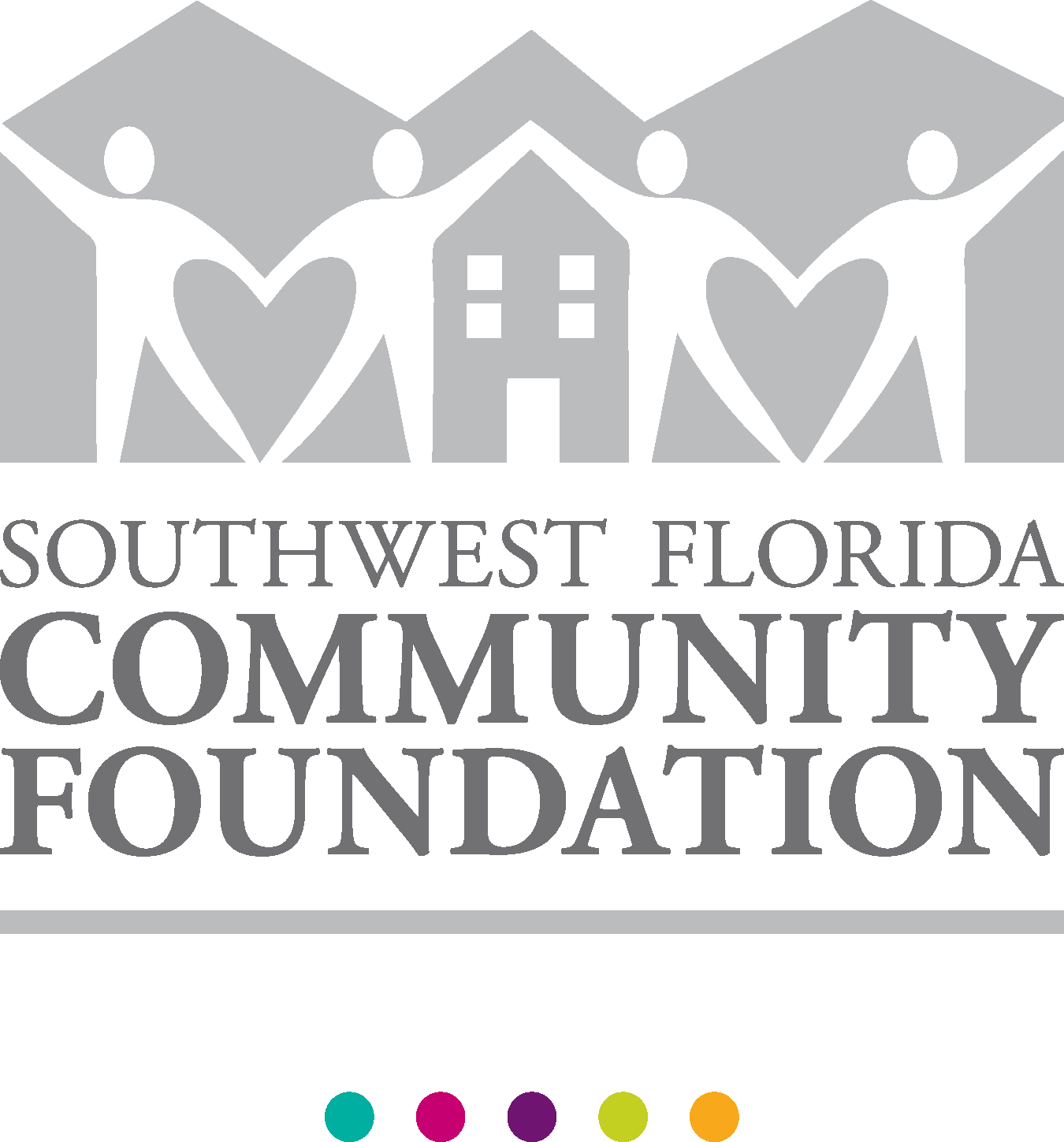[If this post looks familiar, you’re not imagining things. I’ve done an annual Thanksgiving post for several years now because giving thanks and counting my blessings becomes more important with each passing year. As the body gets creakier and less obedient, and as pain levels become ever more challenging, writing this post is therapeutic. Almost as effective as visualization, one of several intellectual pain management techniques that I use, reflecting on how far I’ve come, how much I’ve done, what fun and learning I’ve had, the wonderful people in my life, and that there’s more of same to come, is a source of inspiration that heals the body as well as the soul. And after this year’s bruising Presidential election, with so much of our collective future in the hands of someone whose personal qualities and behavior make me crazy, this process of reflection and healing took longer than ever — hence this “belated” post.]
Being both Jewish and American presents me with two major opportunities each year (so on Rosh Hashanah and now on Thanksgiving) to reflect on how very fortunate I am to live in this amazing country and on what I can do to make it and myself better. For all the problems we’ve got, and they are especially daunting at the moment, we are so very blessed to be here. Yes, even in the midst of terrorist attacks and the threat of further such attacks (and I count here all the ordinary crazies with guns shooting up their communities), in the face of growing zenophobia and the anger in our public discourse whose angriest voices claim their own deeply religious values, and with all the other challenges faced by each of us individually (I’d put aging on that list) and collectively (and here goes climate change, inequality of opportunity, even the drought in many of our richest agricultural areas), I am going to count my blessings. But that’s not all. Due to a 2011 Facebook entry by Ron’s first cousin Barbara Wallace Schmidt, I’m also focused on the giving part of this so American holiday, and that’s where I’m going to start.
Having grown up in an orthodox Jewish home (well, modern orthodox), I learned from a very young age that philanthropy (tzedakah) isn’t about extra credit. It’s an obligation. The window sill over our kitchen sink was the home of five or six tin boxes, called pushkas, into which my Dad deposited his pocket change each night after work. Periodically, a representative of one of the charities that distributed these pushkas would stop by to collect them, have a cup of tea and something sweet with the lady of the house (who rarely worked outside the home in those distant days), and leave a bright new empty box to be filled up again.
And then there were the naming opportunities. Maybe we Jews didn’t invent this concept, but we sure as hell perfected it. There’s not a tree in Israel or a toilet stall in a Jewish nursing home that doesn’t bear a plaque with the name of the donor whose funds paid for it. With my dimes, brought every week to Sunday school (Hebrew School after public school was on weekdays, and then we wrapped up all that learning plus on Sunday mornings), I must have filled dozens of folded cards with enough slots for two dollars worth of dimes that could then be turned into my very own tree in Israel. Every time we passed a stand of trees on our 2014 travels in Israel, I couldn’t help but think that somewhere among those trees were my very own.
It’s been more than a half century since I saw my Dad empty his pockets into those pushkas and I put my dimes (which I would have preferred to spend on candy) into the “plant a tree” card, but I remember them like they were yesterday. The Hebrew term for philanthropy is tzedakah, literally fairness or justice, and we learned it young and continuously where I grew up. Ron and I have been hugely blessed, and nothing gives us more pleasure than to be able to make our year-end donations to support the organizations to whose missions we’re most committed. One thing we’ve learned about donations is to concentrate our efforts rather than see them pissed away with a few bucks here and a few bucks there — something you too may want to consider doing. And this year, it gave me great personal pleasure to increase our donations to Planned Parenthood, the Anti-Defamation League, the American Civil Liberties Union and similar, making each such donation in honor of Mike Pence. Hopefully, he’s been flooded with thank yous from these organizations.
Lest you think that all philanthropy is equal, Maimonides offers a hierarchy of giving, with the first item listed being the most worthy form, and the last being the least worthy. I find it interesting that the most worthy form is to help a person in need to become not only self-sufficient but also to join the circle of tzedakah in their own right, not unlike the later Christian notion of teaching a man to fish. Translated from Maimonides:
- Giving an interest-free loan to a person in need; forming a partnership with a person in need; giving a grant to a person in need; finding a job for a person in need; so long as that loan, grant, partnership, or job results in the person no longer living by relying upon others.
- Giving tzedakah anonymously to an unknown recipient via a person (or public fund) which is trustworthy, wise, and can perform acts of tzedakah with your money in a most impeccable fashion.
- Giving tzedakah anonymously to a known recipient.
- Giving tzedakah publicly to an unknown recipient.
- Giving tzedakah before being asked.
- Giving adequately after being asked.
- Giving willingly, but inadequately.
- Giving in sadness (it is thought that Maimonides was referring to giving because of the sad feelings one might have in seeing people in need as opposed to giving because it is a religious obligation; giving out of pity).
Although the term tzedakah was never mentioned, the first hour or more of Marc Benioff’s keynotes at Dreamforce are a paean to the power of tzedakah. And his 1-1-1 approach to corporate philanthropy should be the mantra of every business, especially those run by folks who would like to shrink our government sector. If everyone and every business put tzedakah at the top of their priorities, then much more of what the right hates about government could be done by the private sector. So yes, this is a call to everyone, but especially to my Republican friends and family members, to give until it hurts — of your time, your capital and your annual profits — in the spirit of Marc’s 1-1-1 philanthropic mantra. I don’t know Marc personally, but I’ve often wondered if his Jewish upbringing shows in his views on philanthropy.
I think that this view of giving, of philanthropy, of tzedakah, is the flip side of the Jewish notion of success. We believe (at least those of us who haven’t gone so far off the rails as to believe their own press releases — but that’s another story) that your successes are not solely of your own making and that one should not take too much credit for them. As it happens, we are all either blessed or cursed by the circumstances of our birth and by the good or bad fortune, the mazel, that has accompanied our journey through life. Born in the US? Mazel. Born healthy, intelligent, and loved? Mazel. Wanted and raised by two reasonably together and prepared parents? More mazel. Managed to get through school, university, life-to-date without dread diseases, terrible accidents, loss of your freedom or life in civil unrest? Pure mazel.
What you build on top of all that good luck through your own hard work, careful choices, and perseverance is absolutely yours for which to take credit, but it’s important to remember just how much of what we become, of who we are, and of what we have is just plain dumb good luck. Thinking about life this way, as a three-legged stool (the good fortune of our birth, the good fortune of our lives, and what we ourselves accomplish through our own efforts) of which we only control one leg, makes clear why tzedakah is an obligation for those of us whose stools have three good legs. Knowing that so many such stools have two wobbly legs explains why I’m on the progressive side of the political divide.
And now for the thanks part of this post. My list doesn’t change much over time, but my appreciation for these blessings has grown so much over the years. For those of you who haven’t started your list, here’s mine for Thanksgiving 2016:
- Ron Wallace — if you haven’t met The Wallace, you’re in for a treat. He’s smart (and never flaunts his far greater intellect than mine), beyond funny (especially when doing those imitations of all the satellite systems he helped design), kind to everyone even when they’re not, 150% behind me in everything I do, an enthusiastic dancer (even though my best dancing days are in the rearview mirror of life), able to design/fix anything electronic/mechanical/plumbing/etc., infinitely patient, very slow to get anywhere close to angry, doesn’t complain no matter how ill/uncomfortable he is, shares my love of travel/adventure/British mystery DVDs/boating/theater/the list of shared interests is very long, understands my need to “fly” solo at times, never asks me what anything costs (knowing I won’t go overboard even when we’re buying me great jewelry), likes many of my friends and is happy to have them travel with us, has provided full infrastructure support so that I could pursue my dream career and other interests, still a hunk after all these years (Ron went through college on gymnastics scholarships), and thinks I’m the best thing that ever happened to him. What more could any woman want? Most important, because aging comes to all who get this far, Ron has made it possible for me to keep doing a lot of what we love to do as my increasingly unreliable body can’t go the distance.
- Friends and family who are also friends — I value friendship above diamonds, and those who know me realize that’s high value indeed. No one gets through life unscathed, NO ONE! And it’s your friends who not only share your triumphs but will also see you through the really tough times. And I can tell you that, as you and your friends get older, the tough times increase, and you need each other more than ever. Friendship isn’t something I take lightly, and I expect a lot from those in my inner circle. When that call comes, when a friend is in need or in crisis, real friends drop everything, show up, and do whatever they can to alleviate your distress. But even casual friends ease our way when they lend a hand, offer a referral, or just ask how we’re doing.
- Good health, great health insurance, and the smarts to manage my own healthcare — Ron and I have watched the whole health care reform discussion with just one point of view: everyone should be as free from worry about their health care costs as we have been, even as we’ve battled a growing number of expensive health issues. I can’t even imagine having to fight with an insurance company in order to get what Ron needed when he was diagnosed a dozen years ago with non-Hodgkins lymphoma. The bills were enormous and would have broken even our generous budget if not for great coverage. And I’ve had so many joint repairs that the staff at the surgical center know me on sight, and that’s only the beginning of what aging has done to my llambada. But thanks to Ron’s NASA career, we’ve had the same kind of private insurance our Congressmen have, converted now to our supplemental plan while Medicare is primary. We’d like to see everyone have this level of financial protection and peace of mind, but what do we know about health care? For the record, Medicare is income adjusted so we’ve paid a ton for it, and that’s entirely fair, but I’d love them to add a few higher brackets so that the Trumps of this world would be paying even more.
- My career, clients and colleagues — I’ve had an amazing career run. I got in on the very ground floor of the use of computers in business, and I’ve just pivoted after nearly a half century of (mostly) satisfying work. For those of you who are worried about your own career, and who isn’t with robots coming to replace many types of workers, please take heart. There’s always opportunity for those who are talented and willing to work their butts off, invest in their KSAOCs, and do the heavy lifting. To all the colleagues and clients from whom I’ve learned so much, I’m very grateful for the opportunities and hope I’ve given as good as I’ve gotten. And I’d like to say a special thank you to my much younger colleagues who have welcomed this digital immigrant with open minds and helping hands.
- The accident of my birth — I come from pioneer stock. My grandparents were refugees (aren’t all Jews?) from a shtetl near Vilnius in Lithuania (back when it was called the Russian Pale and ruled by the Czar). They came to the USA at the turn of the 20th century to avoid conscription into the Czar’s non-kosher army as well as to escape the pogroms. Like every American except our Native Americans, we’re all refugees of one sort or another, even those who think they’re special because they came first or brought some wealth with them. Were it not for my grandparents having the courage to leave the familiar behind, to make what was then quite literally a trek across Europe to get bilge (they thought steerage was first class) passage to the USA, to arrive with no English and just the bundles they carried to a gentile America which was still quite hostile to Jews, I would never have had the opportunities that so many of us take for granted. Were the founders of our country legal immigrants? Hell no! They were conquerors who killed off the indigenous population after having only survived that first awful winter because of the kindness of those very natives. Were your ancestors legal immigrants? Probably not. Were my grandparents legal immigrants? I haven’t a clue. Perhaps that explains my own support for addressing our current immigration issues with both humility and humanity, and with a real respect for those who are following in the same path as our collective ancestors, seeking refuge from poverty and/or repressive governments, seeking a better life for their children, seeking a chance to work and live free from religious/political/economic/ethnic persecution.
- Our military and first responders along with their families — Freedom isn’t free, and democracy isn’t a birthright, so count your blessings that you’re here. In addition to being grateful for all of our military and first responders and their families, I thank those who never rest so that we can, e.g. those who work the midnight shifts in emergency rooms, those who keep our power on and our news reported. There are so many who didn’t have as peaceful or comfortable a Thanksgiving as you and I had; my thanks to every one of them.
Although Thanksgiving isn’t really a religious holiday, I think it’s prayer-worthy. So here’s mine for all of us. Life is short, fragile and amazing, so live large and purposefully while you can and out of respect for all those whose three-legged stools have always had one or two broken legs. G-d willing (now we’re back to mazel) we’ll live long and prosper and be the life of the party at the old farts home.







Leave a Reply
You must be logged in to post a comment.